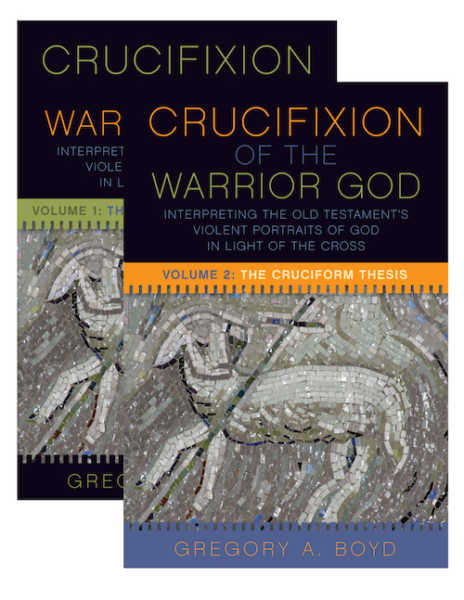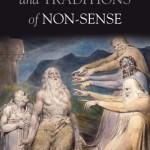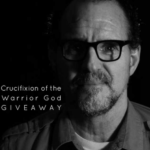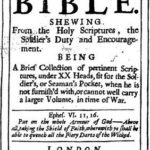We run our website the way we wished the whole internet worked: we provide high quality original content with no ads. We are funded solely by your direct support. Please consider supporting this project.

Crucifixion of the Warrior God Update
Did you know that authors generally don’t have much say-so about the cover art for their books? It’s considered part of the marketing, so the author may or may not like how it ends up looking. I’ve had a few book covers that made me scratch my head. (I won’t tell you which ones, but it would be fun to hear all of your guesses.) That being said, I’m thrilled with these covers, and I wanted to share them with all of you. So exciting!
Here’s the Fortress Press description:
A dramatic tension confronts every Christian believer and interpreter of Scripture: on the one hand, we encounter images of God commanding and engaging in horrendous violence: one the other hand, we encounter the non-violent teachings and example of Jesus, whose loving, self-sacrificial death and resurrection is held up as the supreme revelation of God’s character in the New Testament. How do we reconcile the tension between these seemingly disparate depictions? Are they even capable of reconciliation? Throughout Christian history, many different answers have been proposed, ranging from the long-rejected explanation that these contrasting depictions are of two entirely different ‘gods’ to recent social and cultural theories of metaphor and narrative representation.
The Crucifixion of the Warrior God takes up the dramatic tensions between depictions of divinely sanctioned violence and the message of peace centering the New Testament. Over two volumes, Gregory A. Boyd argues that we must take seriously the full range of Scripture and the centrality of the crucified and risen Christ as God’s supreme revelation. Developing a theological interpretation of Scripture involves what Boyd calls a cruciform hermeneutic. This reading leads us into the proper way of understanding the character of God, revealing God as loving, sacrificial, and subverting violence.
Category: General
Tags: Crucifixion of the Warrior God, Cruciform Theology
Related Reading

Cross Vision Coming Soon!
In Greg’s new book, Cross Vision, he explains how the crucifixion of Jesus makes sense of the violent portraits of God in the Old Testament. His groundbreaking “cruciform hermeneutic” will change the way that you read the Bible! While Crucifixion of the Warrior God laid out Greg’s case in detail for an academic audience, Cross Vision…

The Trinity and the Crucified God
God has always been willing to stoop to accommodate the fallen state of his covenant people in order to remain in a transforming relationship with them and in order to continue to further his sovereign purposes through them. This is revealed in the life and death of Jesus. Out of love for humankind, Jesus emptied…

God of Sense and Traditions of Non-Sense
As the title suggests, in his book, God’s Problem: How The Bible Fails to Answer Our Most Important Question – Why We Suffer, Bart Ehrman argues that the Bible has nothing compelling to say about the problem of evil. Well, I just put down a beautifully written four-hundred and fifty page book that compellingly argues…

CWG Giveaway!
Our friends at Homebrewed Christianity teamed up with our friends at Fortress Press to give away a signed copy of Greg Boyd’s two volume work The Crucifixion of the Warrior God. PLUS, the winner will also get 10 signed copies of the condensed version, Cross Vision, perfect for a small group discussion. You can click here to enter the giveaway.…

The Reformers and the Centrality of Christ
The Christocentric nature of the Church’s hermeneutic approached a zenith in the Protestant Reformation. While Luther and Calvin rejected allegorical interpretation, in theory if not in practice, they nevertheless relied on typology and other creative hermeneutical strategies to discern how Christ was the subject matter of the OT. For Luther, Jesus was “the Word” in…

Jesus and Nationalistic Violence
Throughout the Old Testament, we find Israel spoken of as God’s “chosen nation.” The Israelites were to be a nation of priests whom God wanted to use to unite the world under him (Ex 19:6). Since nationalism and violence inevitably go hand in hand, as Jacque Ellul and others have noted, the covenant God made…
